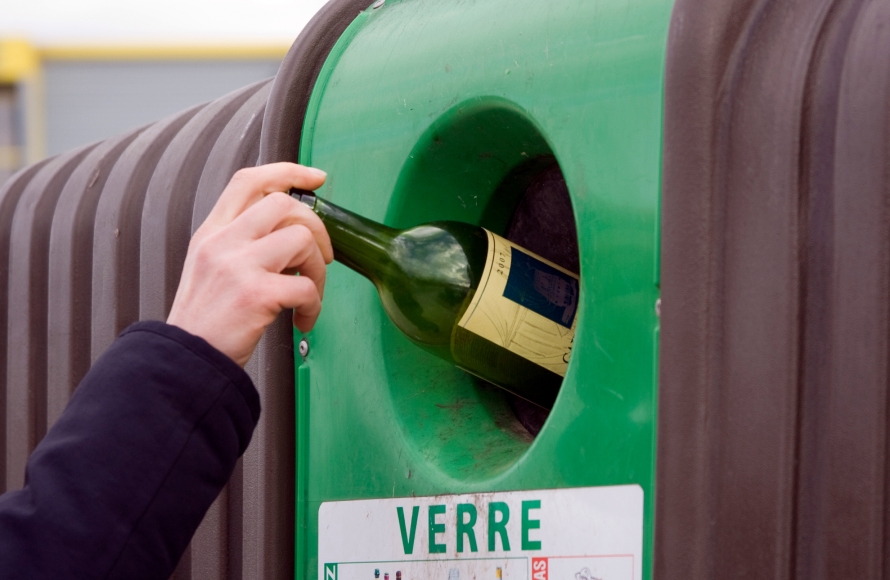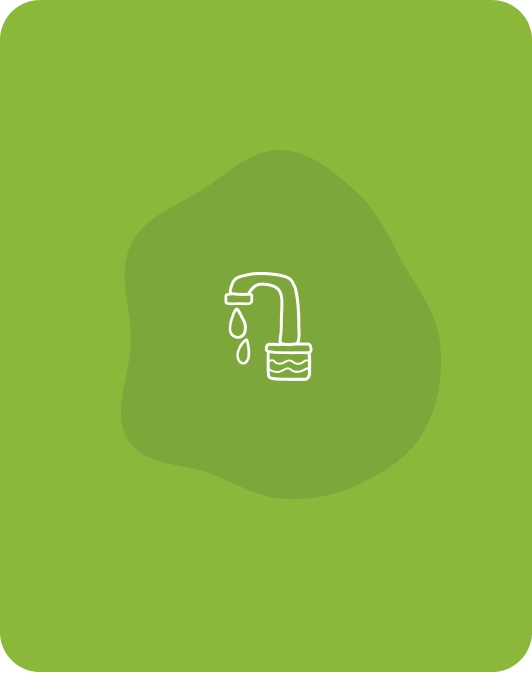Promoting traceability for local authorities via an ergonomic, eco-designed microservices platform

Offer a full range of services in the waste recycling and recovery business
How can we create traceability for household waste and metals, both internally for operational users, and externally for customer communities, sorting centers and collection points? This is the challenge facing Suez (circular solutions provider for waste and water management), which also wants to provide visibility on the quantity and volumes collected to track their value throughout the processing chain.


Take into account the specific nature of the waste recovery market
Suez wanted to provide local authorities that had subscribed to the service with a platform that could be used either on a white-label basis or on its own. In addition to the tools, the platform should enable Suez to extend its action to other markets for which the company is the holder, and also to manage the commercial value of goods (waste), before, during and after their transformation.


50
white-label target sites
1200
user stories
150 000
lines of code

Structure the platform architecture to easily manage the data collected
- Adapt and customize the architecture of the proposed Headless and Microservices platform to support scalability, facilitate the level of customization and maintain the integrity and performance of the overall system
- Ensure a complete transition to a native cloud infrastructure: a systematic integration plan for Azure main solutions: Azure Functions, Azure Search, Azure DevOps and a CDN has been put in place. This includes the establishment of interaction protocols between these services to ensure fluid communication and seamless integration
- Integrating sustainability practices and SEO strategies to improve visibility while promoting an environmentally-friendly approach
A scalable platform that simplifies data aggregation, business processes and reporting!
The adoption of serverless architecture has led to a drastic reduction in operational costs, including a fourfold reduction in running costs. We have effectively tackled the issue of eco-design, beyond the UX/UI aspects and eco-responsible development, through the deployment of static sites (SSG). In practice, this means that the sites we deploy are mainly composed of CSS, HTML and JavaScript, which has enabled us to meet Suez's eco-design requirements, while reinforcing the sites' resilience.

The challenge was to be able to manage the mass of flows that increased with the opening of additional community sites, the volume having multiplied by 14 between the start and the end of the project. The team of consultants, technical experts, functional experts and UX/UI specialists set up to work on this platform, called Circular Chain, was able to bridge the gap between numerous professions, needs and services. Technically, it's also very complete: based on the Symfony framework for the back end and React.js for the front end, the Modern Apps infrastructure we proposed is based on the Azure DevOps, terraform and docker bricks.
Hadrien Gormand
Solution leader for Business Solutions, Smile






